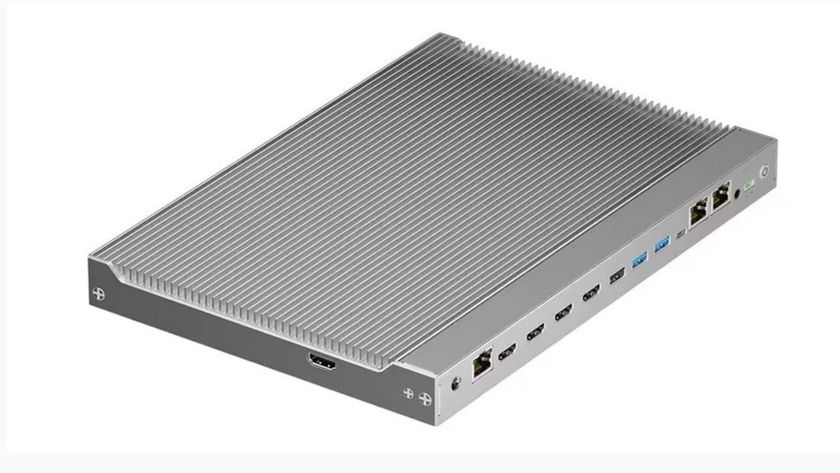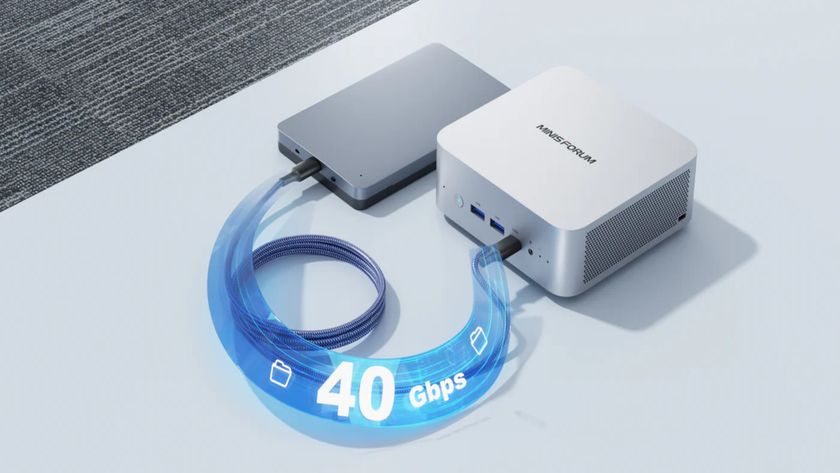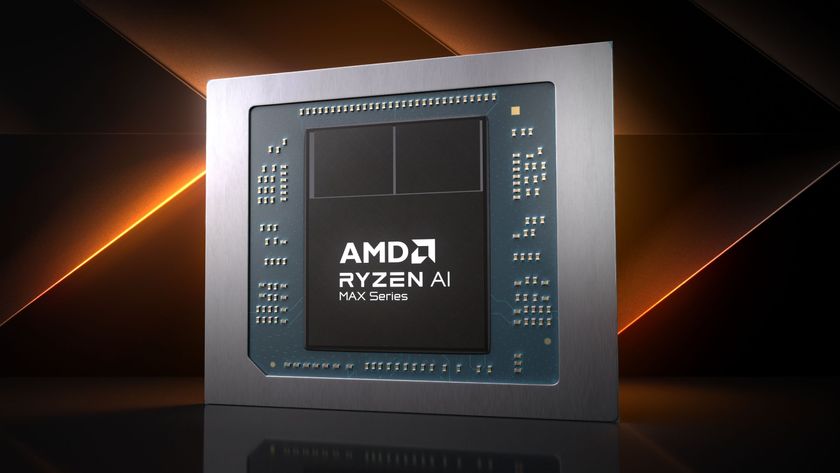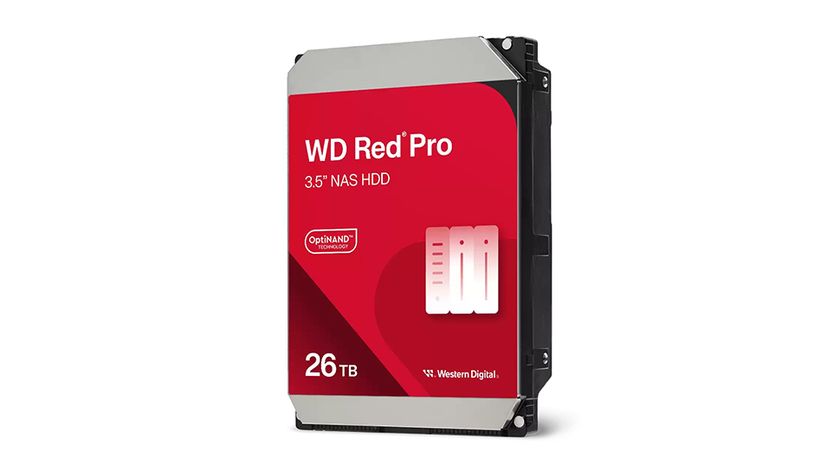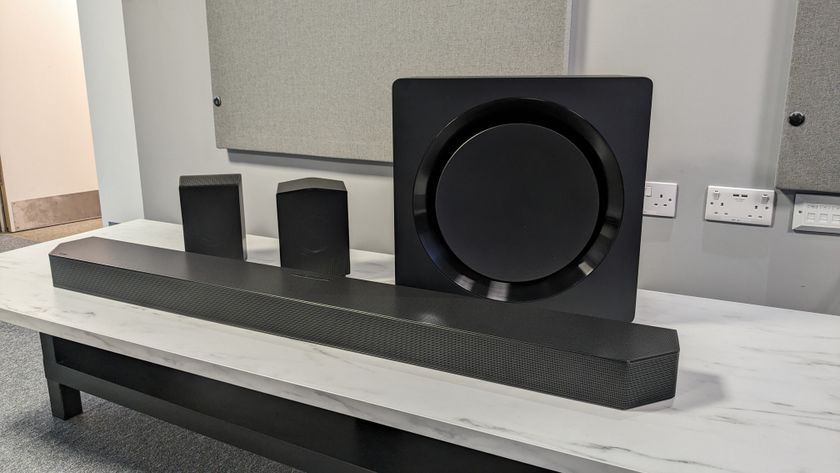Intel powers one of world’s fastest academic supercomputers
Frontera is the world's 5th most powerful supercomputer

Intel, the Texas Advanced Computing Center (TACC) at The University of Texas at Austin (UT Austin), the National Science Foundation (NSF), Dell Technologies and other science and technology partners have unveiled the 5th most powerful supercomputer in the world, Frontera.
The new supercomputer is based on 2nd generation Intel Xeon Scalable Processors and features Intel Optane DC persistent memory to help accelerate scientific research and innovation.
Vice president and general manager of Extreme Computing Organization at Intel, Trish Damkroger explained how the Frontera supercomputer will power the next generation of academic research, saying:
“The Frontera system will provide researchers computational and artificial intelligence capabilities that have not existed before for academic research. With Intel technology, this new supercomputer opens up new possibilities in science and engineering to advance research including cosmic understanding, medical cures and energy needs.”
- Nvidia and Arm team up on supercomputers
- 10 of the world's most impressive supercomputers
- New Cray supercomputer will safeguard US nuclear stores
Frontera supercomputer
Frontera is the world's fastest academic supercomputer and it will enable breakthrough research across a number of fields including astronomy, medicine, AI, quantum mechanics and mechanical engineering.
Early projects currently being run on Frontera include understanding the influence of distant stars, diagnosing and treating glioma brain tumors, teaching neural networks quantum chemistry, eradicating emerging viruses and building a sunnier energy future.
Frontera was first announced in August of last year and the supercomputer was built in early 2019 at which time it earned the fifth spot on the top500 list of the world's most advanced supercomputers. The system features Dell EMC PowerEdge servers outfitted with 2nd Gen Intel Xeon Scalable processors and Frontera's 8008 compute nodes can deliver peak performance of 38.75 petaFlops.
Are you a pro? Subscribe to our newsletter
Sign up to the TechRadar Pro newsletter to get all the top news, opinion, features and guidance your business needs to succeed!
After working with the TechRadar Pro team for the last several years, Anthony is now the security and networking editor at Tom’s Guide where he covers everything from data breaches and ransomware gangs to the best way to cover your whole home or business with Wi-Fi. When not writing, you can find him tinkering with PCs and game consoles, managing cables and upgrading his smart home.













